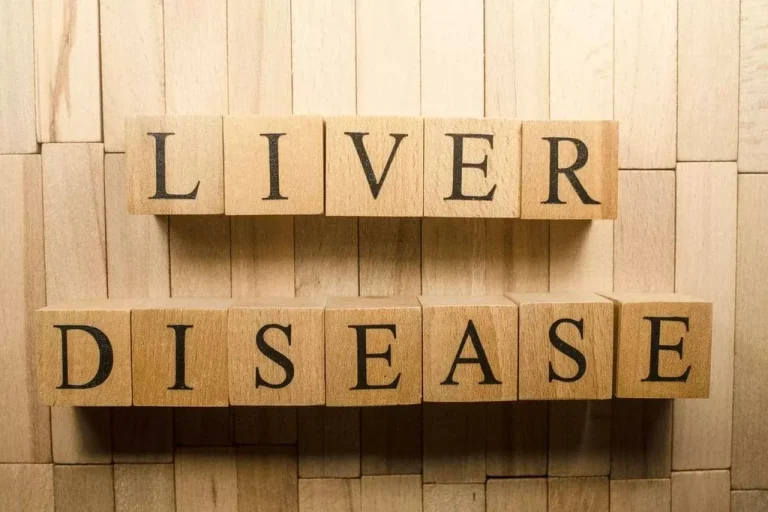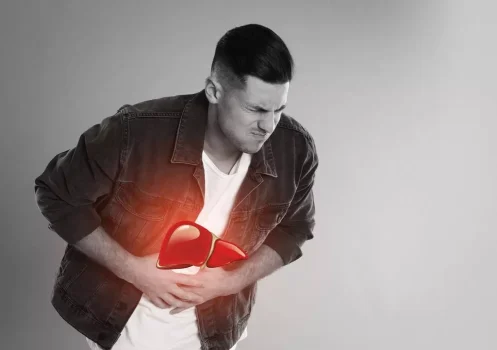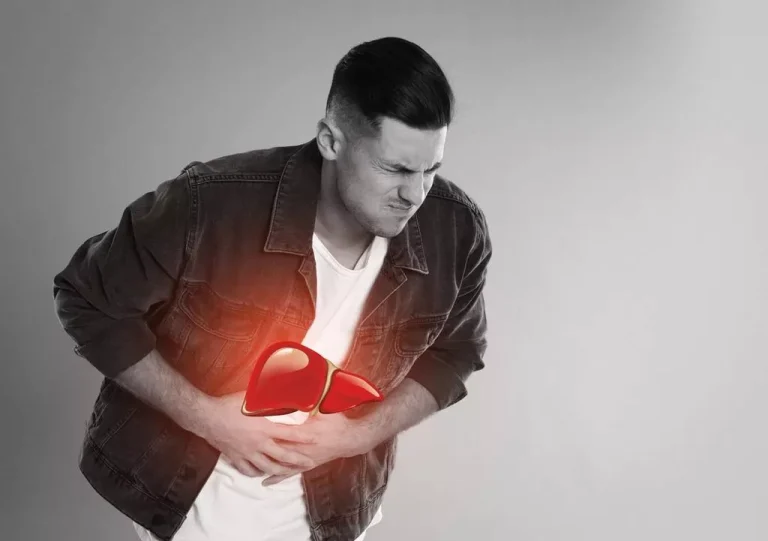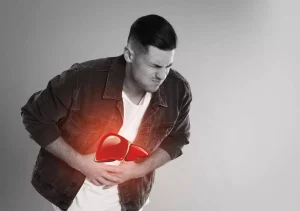Alcohol Anxiety: Can Drinking Cause Anxiety & Panic Attacks?

Occasionally unwinding with alcohol isn’t necessarily dangerous if your doctor approves. But once you start drinking, you can build a tolerance to the de-stressing effects of alcohol. It is important to remember, however, that certain studies show some overlap among depressive, anxiety, and alcoholic disorders in the same family.
- Terms such as anxiety, anxiety disorder, depression, mood disorder, tension, stress, stress disorder, and negative affect are used differently across disciplines and time.
- The researchers concluded that the genetic influences important in alcoholism appear to be relatively specific for that disorder and did not significantly alter the risk for additional psychiatric disorders, including major depression and major anxiety disorders.
- The NHS website, Every Mind Matters, has advice on how to access support and treatment for depression in England.
- There are no specific studies that suggest that one type of alcohol can affect anxiety levels more than other types of alcohol.
- Drinking excessive amounts of alcohol can also have noticeable physical and mental consequences.
Treatment options for alcohol use disorder

But if you turn to alcohol to get you through the day, or if it causes trouble in your relationships, at work, in your social life, or with how you think and feel, you may have a more serious problem. Long-term heavy drinkers may be predisposed to developing an anxiety disorder. However, there is no evidence that moderate drinking will cause anxiety. At first, drinking can reduce fears and take your mind off of your troubles.

Be aware of mixing anxiety medications and alcohol
Alcohol misuse and depression are serious conditions that you shouldn’t ignore. If you think you have a https://ecosoberhouse.com/ problem with either, talk to your doctor or therapist. There are lots of choices when it comes to medication that treats depression, and there are drugs that lower alcohol cravings and counter the desire to drink heavily. You can also get help from Alcoholics Anonymous or an alcohol treatment center in your area. It probably won’t hurt to have a glass of wine or beer once in a while for social reasons unless you have a health condition that prevents you from drinking.
Alcohol Use Disorder and Depressive Disorders
If you believe you’re susceptible of experiencing alcohol addiction or depression, you may want to speak with a mental health professional, such as a social worker, counselor, or therapist, about these concerns and how best to prevent or cope alcohol and depression with these disorders. For example, a person with frequent episodes of severe depression may turn to drinking to self-medicate. People who frequently drink are more likely to experience episodes of depression, and they may drink more in an attempt to feel better. If you have a history of anxiety or other mental health issues, you may be more prone to hangxiety.
Existing research indicates that depression can cause alcohol overuse, and alcohol overuse can cause depression. On the other hand, both conditions also share certain risk factors, such as genetics and social isolation. Having either depression or alcohol use disorder increases your risk of developing the other condition.
Stress reactivity and regulation
By following safe drinking guidelines, you can help reduce your risk for depression as well as other hangover symptoms. Taking some time for productive relaxation can also help ease feelings of depression. It’s more likely to worsen negative mood states, along with physical health.

Overview of Depressive Disorders
- However, drinking alcohol, especially heavily and over a long period of time, can actually increase your anxiety.
- When that happens, you’re more likely to feel depressed, particularly if you have a family history of depression.
- Because of this shared connection, treatment for both should include a diet to improve gut function and reduce endotoxin load that contributes to neuroinflammation.
While this approach can relieve some symptoms, these aren’t doctor-recommended or prescribed methods. In many cases, self-medicating leads to other problems, including worsening symptoms and substance use problems. Alcohol can produce a sense of euphoria and decrease a person’s inhibition. These effects can make it seem like drinking alcohol is providing the person with relief from their anxiety. Everyone feels blue or down from time to time, and people often say that they feel “depressed” during these temporary bouts of sadness.
Bir yanıt yazın